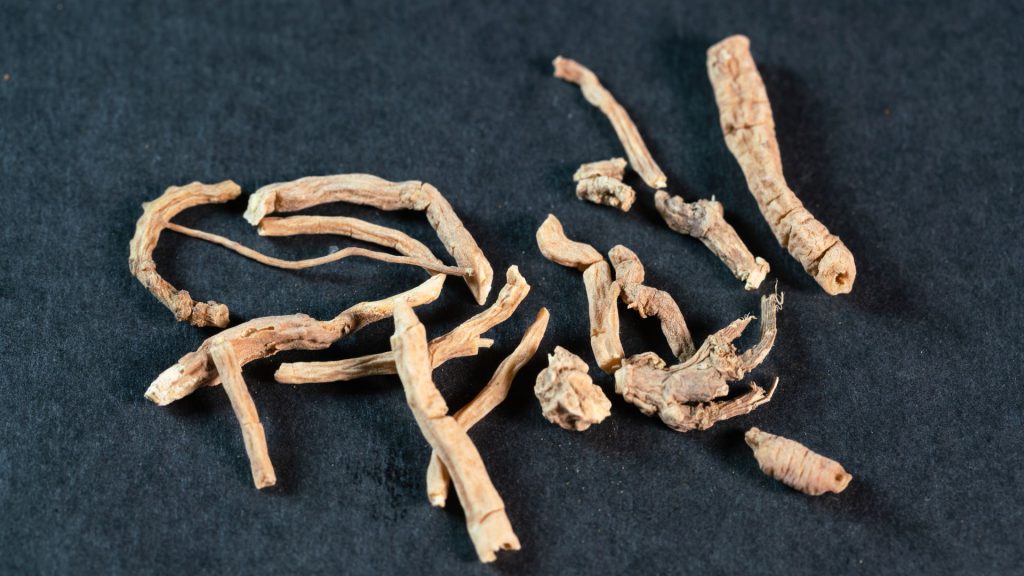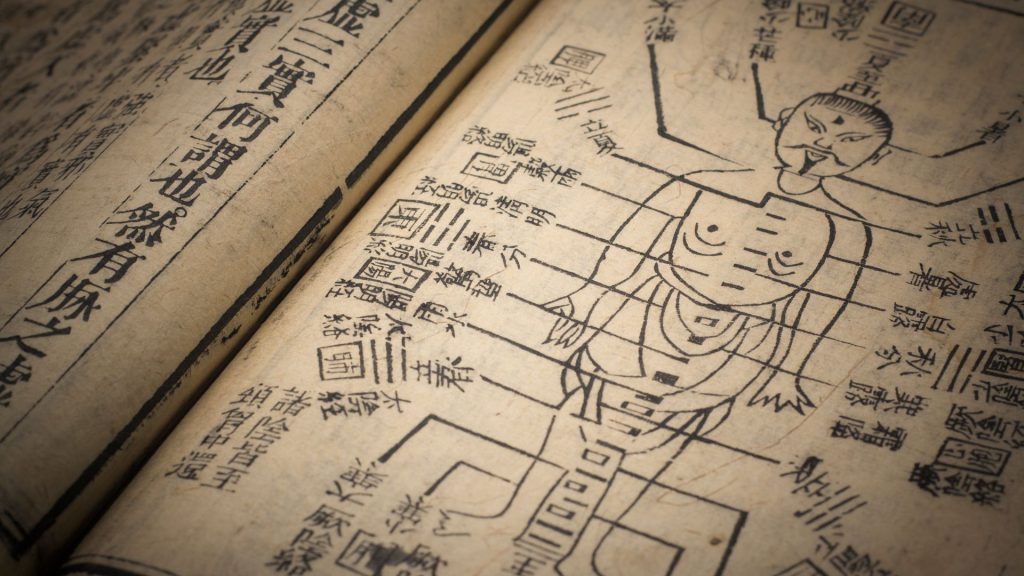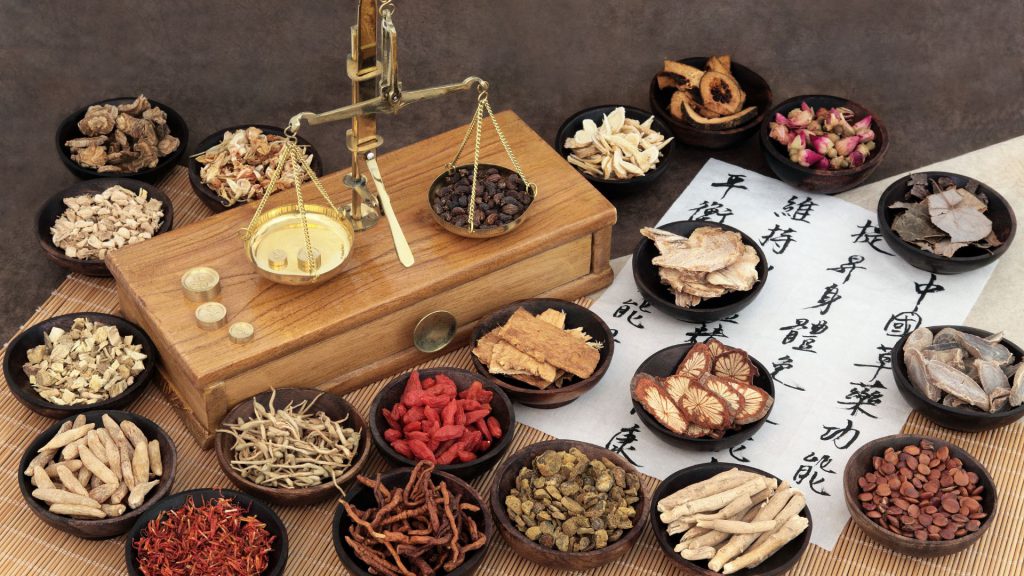
Wolfiporia extensa, also known as tuckahoe or fu ling, is a fungus with a long history of use in traditional Chinese medicine for various health conditions. While some preliminary research suggests potential benefits for anxiety, palpitation, and insomnia, the evidence is still limited and requires further investigation. Here’s a summary of relevant scientific papers:

Schisandra chinensis, also known as the “five-flavor fruit,” has been used in traditional Chinese medicine for centuries for various health benefits. Recent research explores its potential impact on anxiety, palpitation, and insomnia, albeit with limitations that warrant further investigation. Here’s a summary of some relevant scientific papers:

While Panax Ginseng has numerous traditional uses, the research on its specific effects on anxiety, palpitation, and insomnia is mixed. Here are some scientific papers exploring these connections:

Ophiopogon japonicus, also known as Chinese Lilyturf or Monkey Grass, has a long history of use in traditional Chinese medicine for various ailments, including anxiety, palpitation, and insomnia. However, the scientific evidence supporting these claims is still developing. Here’s a summary of some relevant research:

Methanol extract of semen Ziziphi Spinosae
attenuates ethanol withdrawal anxiety by
improving neuropeptide signaling in the
central amygdala

troduction: The dried root of Polygala tenuifolia Willd., known as Polygala Radix, belonging to the family Pol�ygalaceae, has long been used as a medication to cure a variety of illnesses, including sleeplessness, forgetfulness,
sadness, cough, and palpitations. In Southeast Asia, especially China, Polygala tenuifolia Willd is a significant
industrial and export plant. The benefits of Polygala tenuifolia’s rhizomes on cognition and nootropics are well�known. As a result, this plant has been used as traditional medicine for many of years.
Methodology: The online databases, including Scopus, web of science, Google Scholar, and PubMed, were
searched using different keywords: Polygala Radix, Polygala tenuifolia, traditional uses, neuroprotective activity,
Chinese herb. The purpose of this review was, therefore, to summarise the previously reported phytochemistry &
pharmacological actions of the chosen plant species.

State Key Laboratory of Component-Based Chinese Medicine, Tianjin University of Traditional Chinese Medicine, Tianjin
301617, China;
2Engineering Research Center of Modern Chinese Medicine Discovery and Preparation Technique, Ministry
of Education, Tianjin 301617, China;
3College of Chinese Medicine, Tianjin University of Traditional Chinese Medicine, Tianjin 301617,

Paeoniflorin (PF) has been widely used for the treatment of depression in mice
models, some Chinese herbal compound containing PF on treating depression,
such as Xiaoyao San, Chaihu-Shugan-San, Danggui Shaoyao San etc. Many
experiments are also verifying whether PF in these powders can be used as an
effective component in the treatment of depression. Therefore, in this review
the antidepressant effect of PF and its mechanism of action are outlined with
particular focus on the following aspects: increasing the levels of monoamine

The Anti-depression Effect of Angelicae Sinensis Radix Is Related to the Pharmacological Activity of Modulating the Hematological Anomalies

Total Saikosaponins of Bupleurum yinchowense reduces depressive, anxiety-like behavior and increases synaptic proteins expression in chronic corticosterine-treated mice











